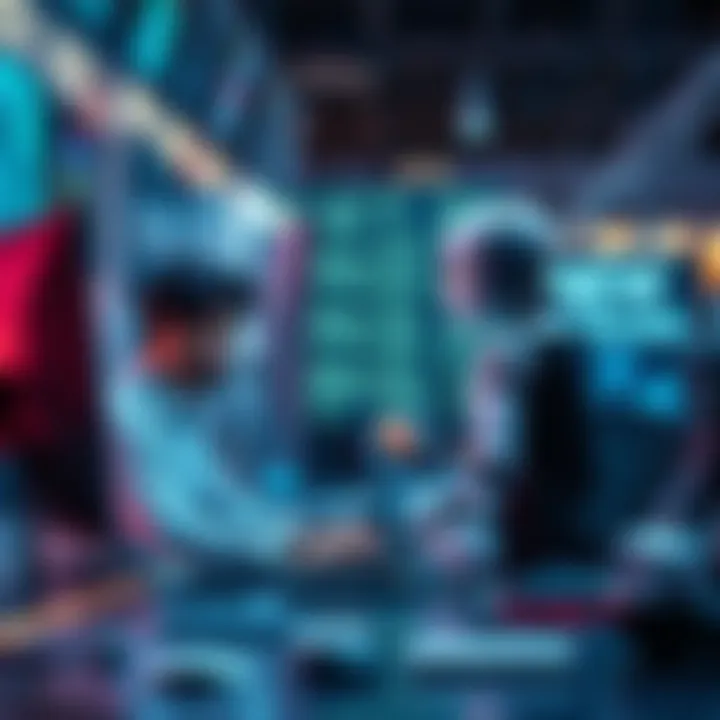The Debate on Simplifying Processes | AI and Its Impact on Creativity
Edited By
Liam O'Connor

As AI technology advances, a heated discussion emerges over the implications of simplifying tasks traditionally associated with creativity and personal effort. A recent interaction among forum members reveals divergent views on whether this trend benefits society or strips away essential human experiences.
Context and Controversy
In 2025, discussions surrounding AI’s ability to automate creative processes—like music composition and artwork—highlight growing concerns. Some participants argue that easing these processes enhances creativity and allows more people to engage in artistic expression. Others contend that easy access to automation undermines the struggles that cultivate skill and emotional investment in artistry.
Key Themes from the Conversation
The debate centers around three main ideas:
Value of Effort: Many forum contributors emphasize the transformational role of adversity in creativity. For example, one comment notes that "building from nothing grows the neuroplasticity and processes that enable me to paint."
Perceived Loss of Authenticity: Critics worry that reliance on AI for creative output could diminish the uniqueness of individual expression. One participant stated, "If everyone can do anything, there’s nothing impressive anymore."
Trade-offs of Convenience: Discussions also highlight the contradiction of simplifying processes while maintaining quality. One user warned, "If we make things easier, we risk making them poorer."
Voices from the Forum
"Always have. When things are easier, people reach higher."
This sentiment showcases the belief that convenience can drive innovation.
However, opposing views warn of potential drawbacks. One contributor echoes philosophical concerns with, "Is there a point where things get so easy that it stops being good for us?"
Notable Observations
The conversation reveals mixed feelings: while some praise the role of AI in enabling creativity, others criticize the potential loss of depth in artistic endeavors. Concerns surrounding education and dependency on technology also arose, with users noting that easy access might hinder learning.
Insights to Consider
🌟 Automation aids creativity but poses risks.
📉 Potential lose of individual craftsmanship.
⚖️ Convenience vs. authenticity is at stake.
The exploration of personal investment and authenticity in artistic creation continues to evolve with advancements in AI. As society navigates this landscape, gauging the benefits and drawbacks of making things easier remains crucial.
Future Directions for Creativity and AI
As the conversation around AI's role in creativity develops, there's a strong chance that we’ll see stricter regulations aimed at balancing innovation with traditional artistic values. Experts estimate around 60% likelihood that educational institutions will adjust curricula to integrate AI tools while emphasizing the importance of craftsmanship. Additionally, community-driven projects may rise, fostering environments where creativity and effort go hand in hand, potentially improving artistic quality and authenticity. We can expect a pressing need for artists to adapt, blending technology with personal expression, ensuring that emotional depth remains in their work amidst growing convenience.
Lessons from the Past: The Industrial Revolution's Echo
Consider the impact of the Industrial Revolution when machines began to take on tasks traditionally held by skilled artisans. Although this led to greater production and accessibility, many feared it eroded craftsmanship and personal pride in work. Similarly, as society embraces AI in creative fields, we're facing a potential bifurcation: a rift between convenience and skilled artistry. Much like craftsmen in history who adapted or perished, today’s artists may find their identities reshaped, carving new paths that honor traditional efforts while leveraging modern tools. The journey will demand resilience, much like the artisans of yore, navigating a rapidly changing landscape.
